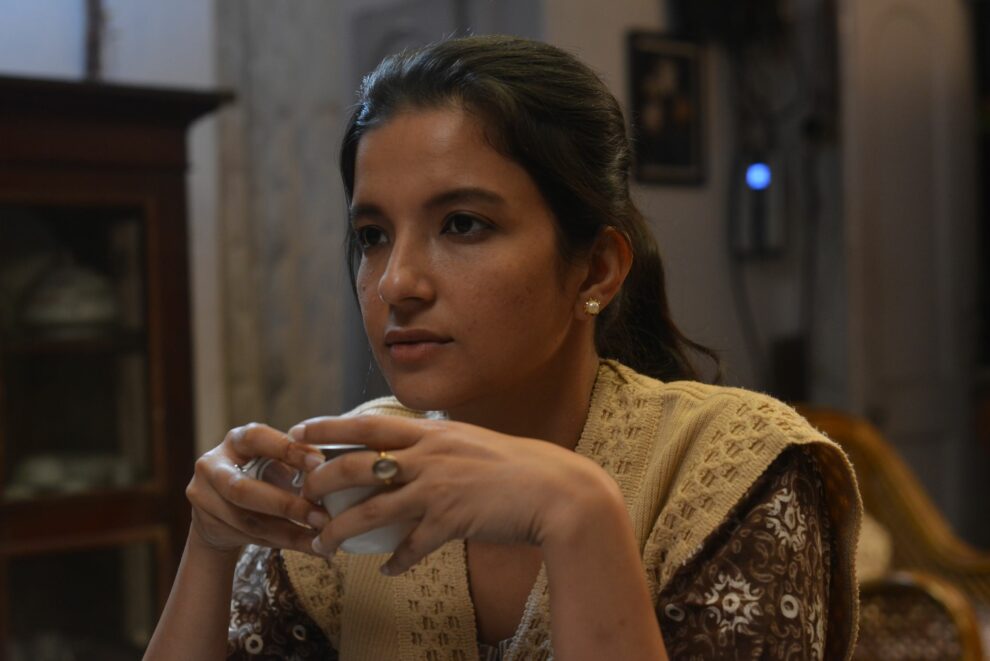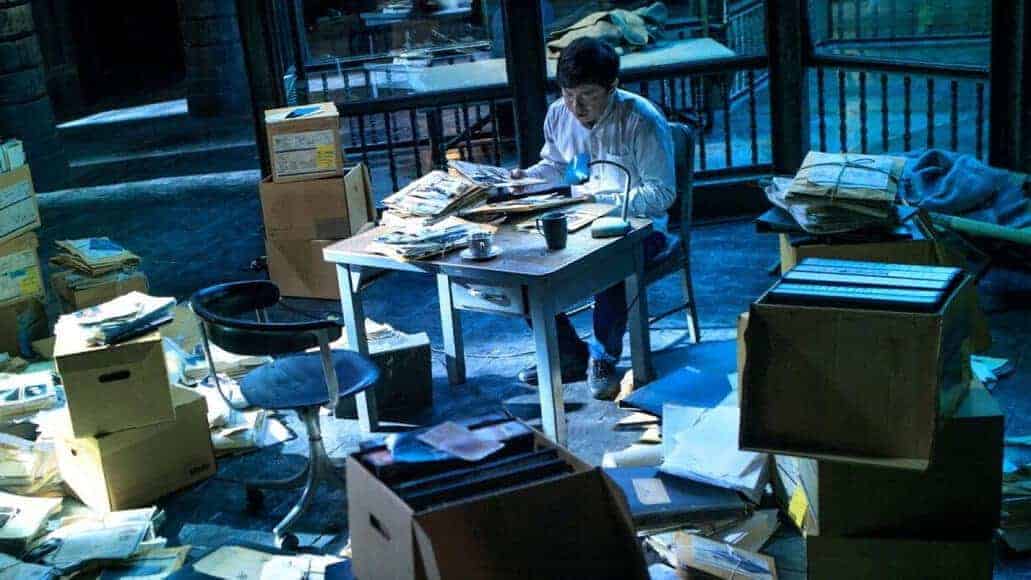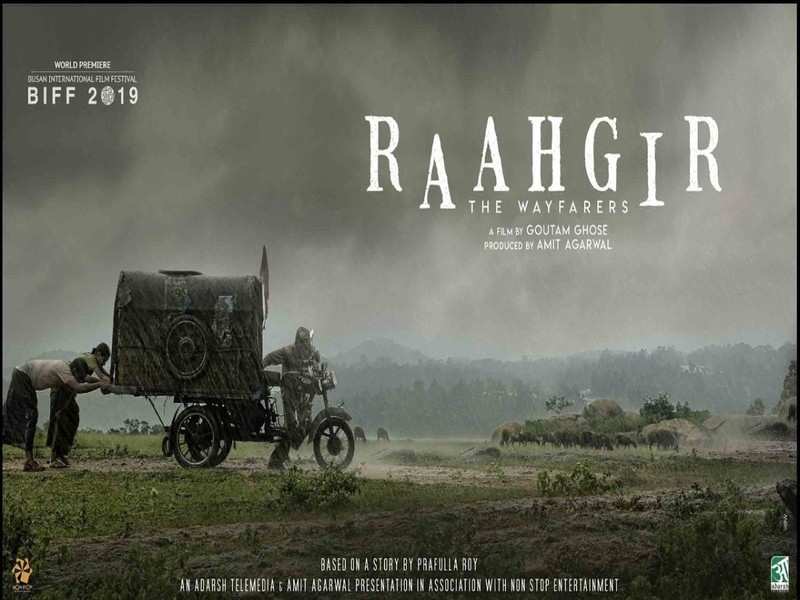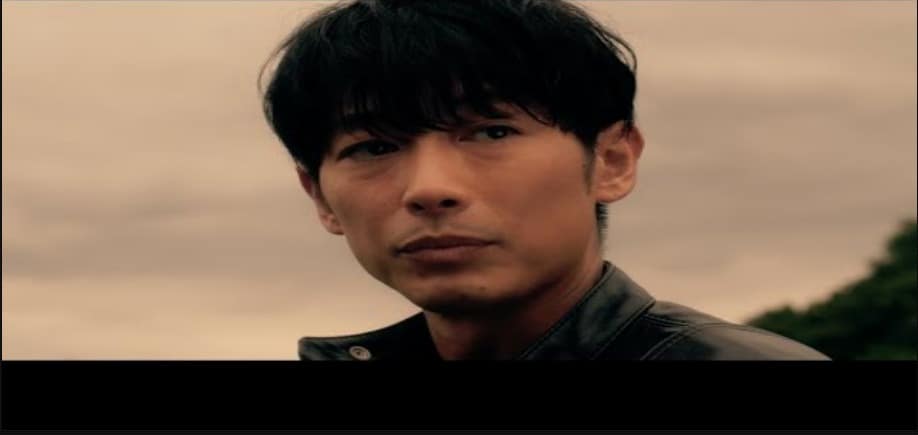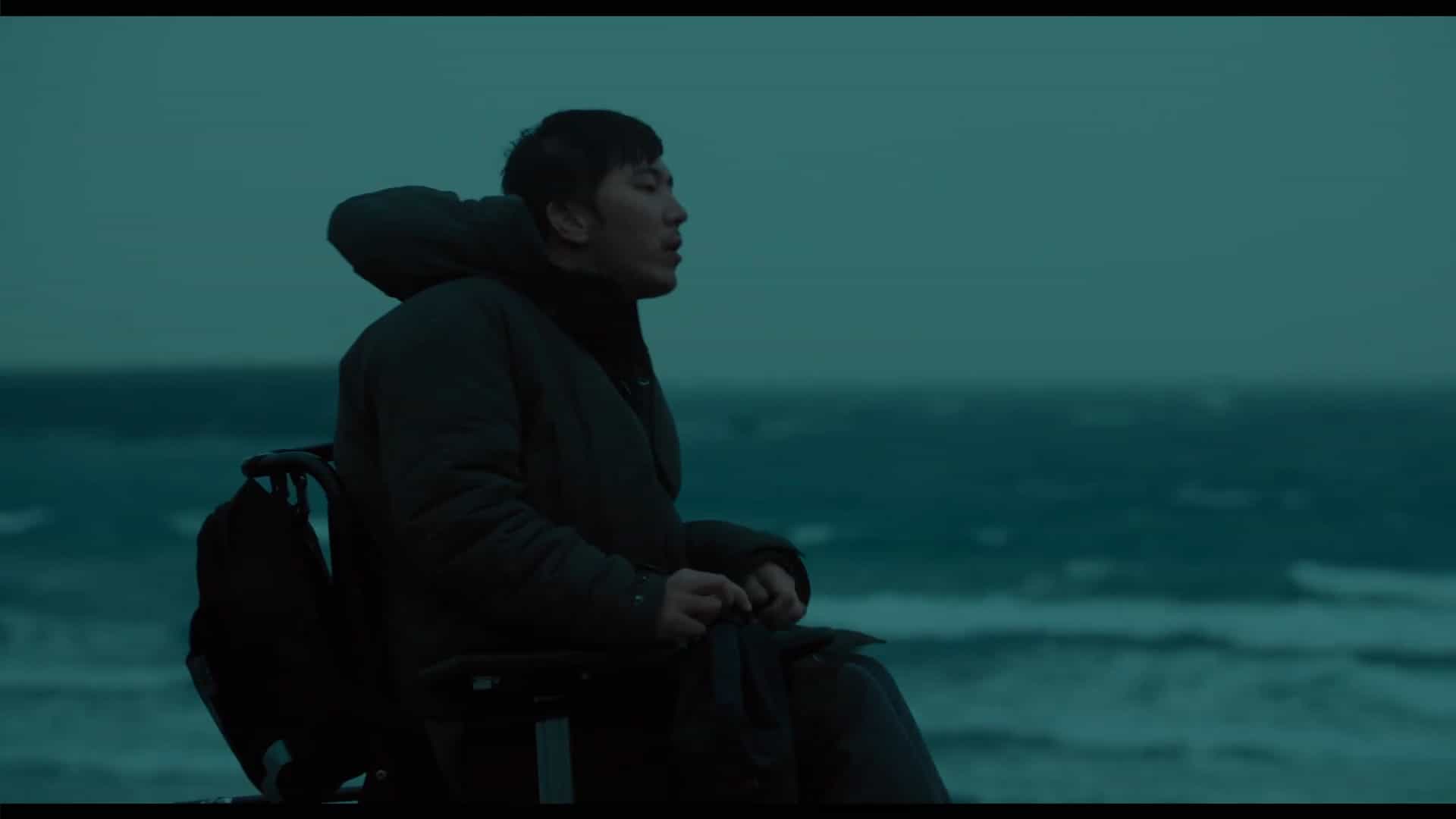Fourth feature of Indrasis Acharya, “In the Mist” (aka “Niharika”) is a very interesting portrait of womanhood, particularly since it deals with a number of themes that can only be described as taboo. The film had world Premiere at Adelaide, Asian Premiere at Hanoi, and National Premiere at Kerala International, in what seems will be a rather long festival run.
“In the Mist” review is part of the Submit Your Film Initiative
The movie starts with Deepa, a young woman, moving to her uncle's house in the country from Kolkata, after her mother's death and the bedridden situation of her father. The girl tries to be cheerful and adapt as quickly as possible, but the fact that there is some trauma involved in her past is also quite evident. As we learn from flashbacks, the building that fostered her extended family during her childhood was not exactly a dream one, and her father's ways cost much to the family. Her connection with her grandfather's nurse also played a role in her life, with Deepa struggling to adapt to her new environment, come to terms with who she really is and if the current society can accept her as who he is. In her efforts, her uncle plays a crucial role, always being beside her, while a young man, Rangan, who is also a doctor like her uncle, clearly states his romantic intentions for her.
Deepa's life story allows Indrasis Acharya to present a movie that unfolds as both a family drama and a multi-leveled romance, filled with comments about a number of topics that are not exactly omnipresent in the Bengali film industry. In that regards, the themes of incest and homosexuality are quite brave in their presentation, with the first in particular, and the way it is presented from both sides, frequently with a voyeuristic approach, being one of the most intriguing aspects of the whole movie, also because it moves into remarks about lust and love.
Furthermore, through Deepa and her aunt, Acharya makes a number of comments regarding the place of women in Indian society, and the ways their lives are dictated by the actions of the men around them, with the expectation for them being to be first daughters, then wives and then mothers, but never actually individual entities. At the same time, Acharya avoids putting the blame on men, or at least not on them as a whole, as they are also presented as bound by the chains of societal rules and the feelings they have are quite benevolent on occasion. Lastly, the ending of the story seems to state that individual people will find a way in the end to follow their own path, even if that demands at least some distance from society.
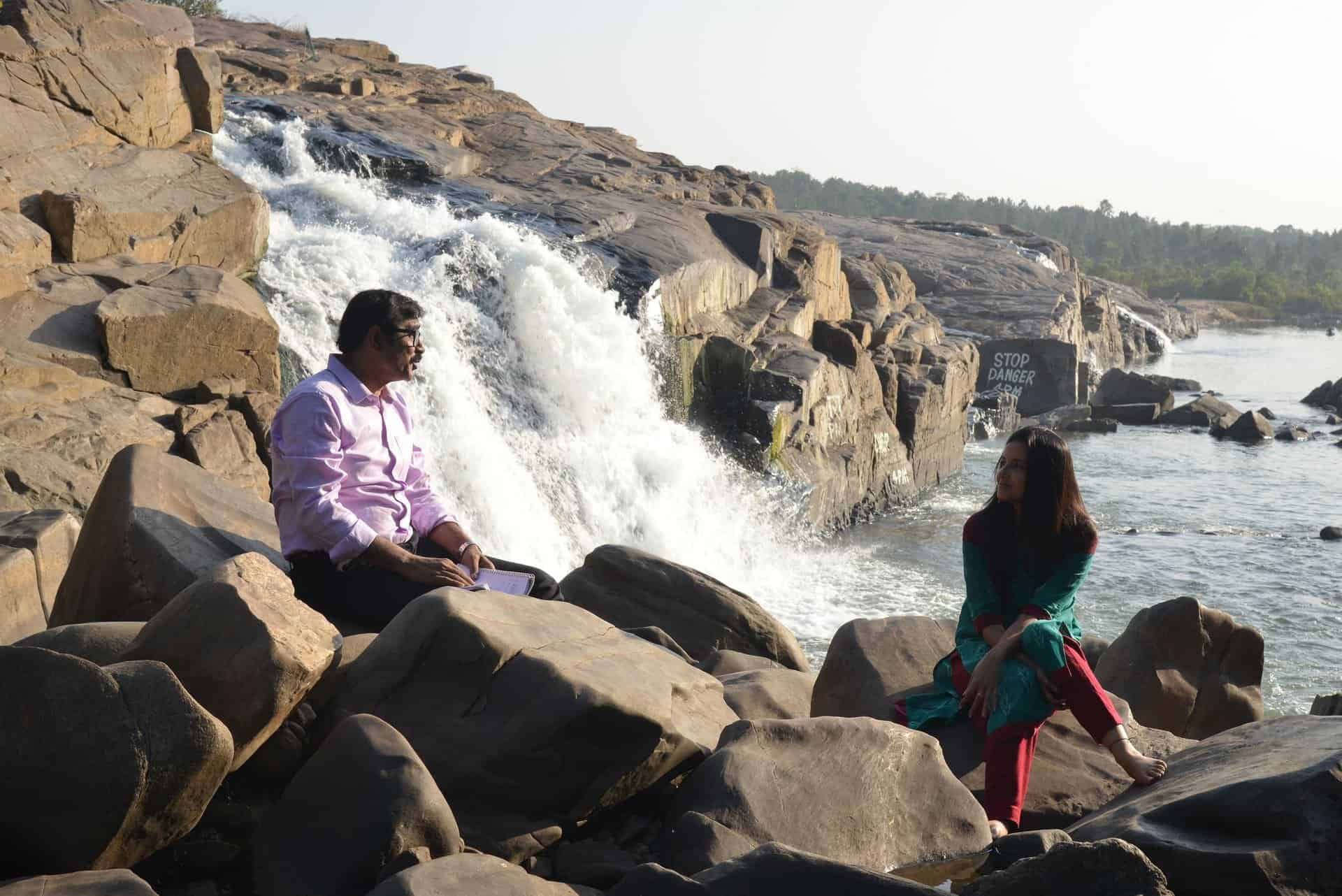
Also of note is the difference in the presentation of life in the city, where chaos seems to be the rule, and in the country, where serenity and calmness are more prevalent, in another comment included here. DP Santanu De has captured both with realism and beauty, with the scenes in the latter setting in particular being occasionally a wonder to look at, equally in the depiction of the house during day and night, and the long shots that showcase the particular environment. At the same time, though, some overindulgence does appear in that regard, since these shots are many and quite lengthy, and along with the also extensive musical parts, extend the movie, partially unnecessary, to over 2 hours.
On the other hand, Lubdhak Chatterjee's editing results in a mid-tempo that suits the overall aesthetics nicely, while the flashbacks are well placed within the story, in a way that retains interest from beginning to end.
The acting is also on a high level. Anuradha Mukherjee as Deepa is a truly captivating presence, with her angst, her inner struggle, her humor and her smiles filling the screen every time she appears on it. Shilajit Mazumdar as her uncle also highlights his struggle in a rather realistic performance, while Anindya Sengupta's simplicity, which is rooted in his feelings for Deepa, provide a very pleasant note to the movie. Lastly, Mallika Mazumdar as her aunt is realistic in the presentation of how Deepa's future life could look if she abided completely by societal rules.
“In the Mist” does not move completely beyond some of the inherent flaws of Bengali cinema, with the extended durations, the intense focus on music and the excessively poetic presentation of beauty. However, the way the drama unfolds is both captivating and brave considering some of the topics here, while the story of Deepa remains intriguing from beginning to end, deeming the movie a more than worthy watch that is bound to attract festival goers.


